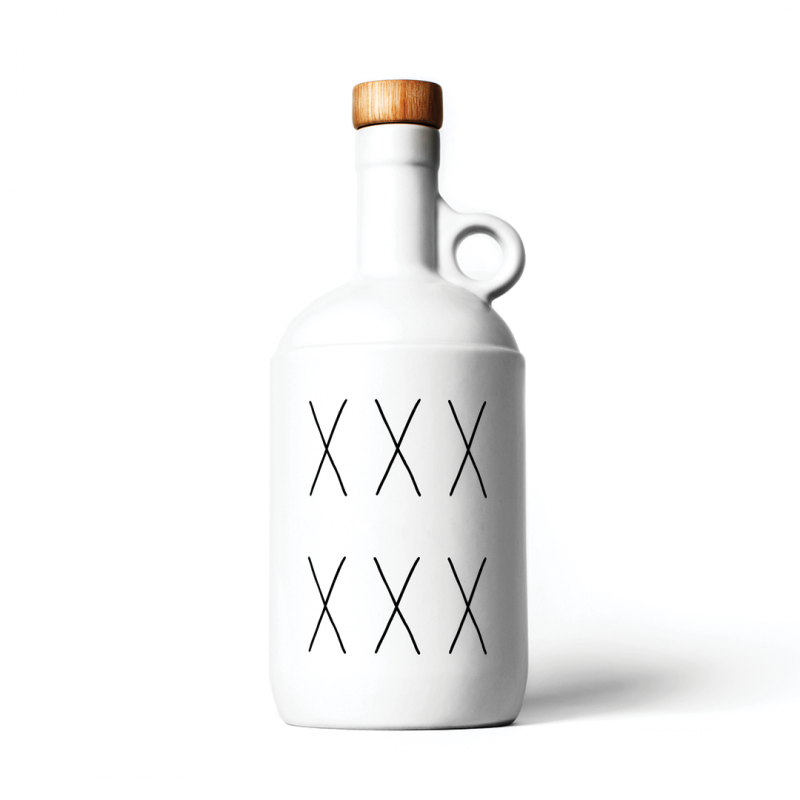Howard Cao never really intended to get into the spirits business. As photographer and founder of the San Francisco-based advertising agency Form & Fiction, he and his team were celebrating the wrap of a client project that just happened to be on National Tequila Day.
His colleague suggested that they should have some to celebrate. Cao was skeptical at first. "I think people look at tequila as this fire water type of thing," he says. His taste for the spirit bittered at a family reunion with his wife's family, who have a Mexican heritage. Cao and his wife's uncle would get into drinking contests. "I learned not to like the taste of tequila after that," says Cao.
Despite the trepidation, they pulled out a bottle that was a gift from their old studio manager. "When I tasted it, I was like 'Oh man' I forgot how good tequila could be," says Cao. "It was a real awakening."
Cao looked at his friend, and started thinking aloud about creating a client gift by making their own bottles. They started designing moonshine bottles, and sent about 100 to family and friends.
The response was overwhelming, and as an entrepreneur, Cao kept thinking: How hard would it actually be to produce a spirit or a tequila? At the time, he was working with Ken MacKenzie, who was the chief operation officer and co-founder of Republic Tequila with about 20 years of industry experience. When Cao asked MacKenzie about the idea, Mackenzie looked at him and said he wouldn't recommend it.
